Description
Abraham ben Meir Ibn Ezra was one of the outstanding and colorful scholars of medieval Jewry. He was a poet, mathematician, astronomer, astrologer, grammarian physician and philosopher. However, his chief claim to fame rests on his commentary on the Bible, especially on the Pentateuch, the five books of Moses. Ibn Ezra’s commentary constitutes a major contribution to Biblical exegesis. One cannot be considered a true student of the Bible without having studied it. Ibn Ezra’s works influenced all major Bible commentators.
This commentary on whole Torah is now available in English.
ISBN: 978-5-9953-0295-7
Published: 2019
Language: Russian
Format: 6.5×9.5 Hardcover, 1800 pp. 3 Volumes.
About the author:
Rabbi Abraham Ben Meir Ibn Ezra (1089–1164) was born at Tudela, Navarre (now in Spain) in 1089, and died c. 1167, apparently in Calahorra. He was one of the most distinguished Jewish men of letters and writers of the Middle Ages. Ibn Ezra excelled in philosophy, astronomy/astrology, mathematics, poetry, linguistics, and exegesis; he was called The Wise , The Great and The Admirable Doctor .
He was born at Tudela, when the town was under the Muslim rule of the emirs of Zaragoza. Later he lived in Córdoba. In Granada, it is said, he met his future friend (and perhaps his father-in-law) Yehuda Halevi. He left Spain before 1140 to escape persecution of the Jews by the new fanatical regime of the Almohads. He led a life of restless wandering, which took him to North Africa, Egypt (in 1109, maybe in the company of Yehuda Halevi), the Land of Israel, Italy (Rome in 1140–1143, Lucca, Mantua, Verona), Southern France (Narbonne, Béziers), Northern France (Rouen), England (London, and Oxford in 1158), and back again to Narbonne in 1161, until his death in 1167. The crater Abenezra on the Moon was named in his honor.
Тора с комментариями рабби Аврагама Ибн-Эзры (в 3 томах)
с пояснениями и примечаниями
Аврагам Ибн-Эзра
Р. Авраѓам Ибн-Эзра (1089–1164) — философ, поэт, математик и астроном, филолог и в первую очередь великий комментатор Писания. Жил и работал в мусульманской Испании, затем вынужденно покинул ее и странствовал от Египта до Британии. Писал на иврите, арабском и латыни. Отличающиеся историко-филологической основательностью, лаконичным стилем и критическим духом, комментарии Ибн-Эзры к Торе не просто широко известны — они изучаются почти наравне с комментариями Раши. Во введении к этим комментариям Ибн-Эзра определяет свою цель как независимое изучение буквального значения библейского текста.
Комментарии Ибн-Эзры основаны прежде всего на этимологических и грамматических толкованиях, но не в меньшей степени и на его личных представлениях о мире. Принято считать, что именно р. Авраѓам Ибн-Эзра проникает в тайны Писания, не мистические, но доступные лишь великому уму, обремененному многими знаниями.
Данный перевод выполнен на основе самых современных критических изданий текста. Комментарии снабжены примечаниями, которые разъясняют трудные для понимания места или малознакомые русскому читателю понятия.
Only logged in customers who have purchased this product may leave a review.

![Ibn Ezra's Commentary on the Pentateuch: Set of 3 Volumes [Тора с комментариями рабби Аврагама Ибн-Эзры (в 3 томах)]](https://e9dtcjviczt.exactdn.com/wp-content/uploads/2025/01/ie-set.jpg?strip=all&lossy=1&ssl=1)



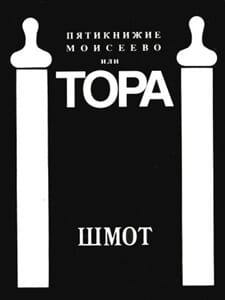

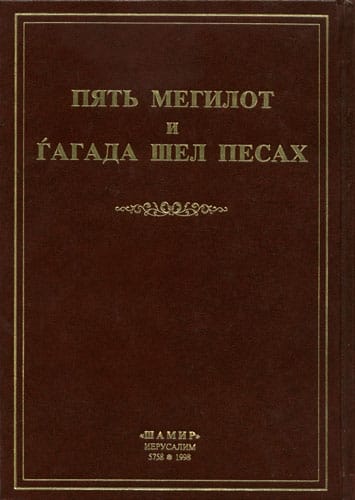
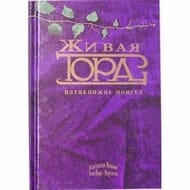
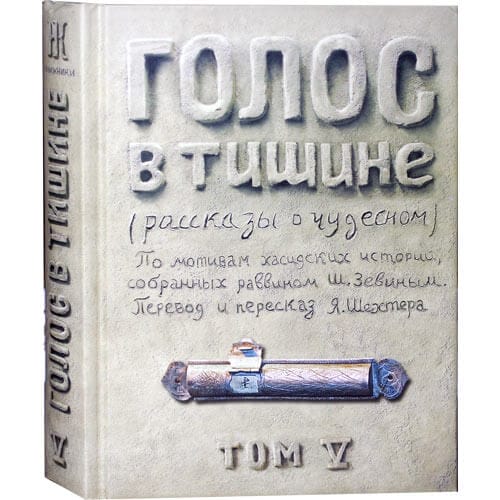
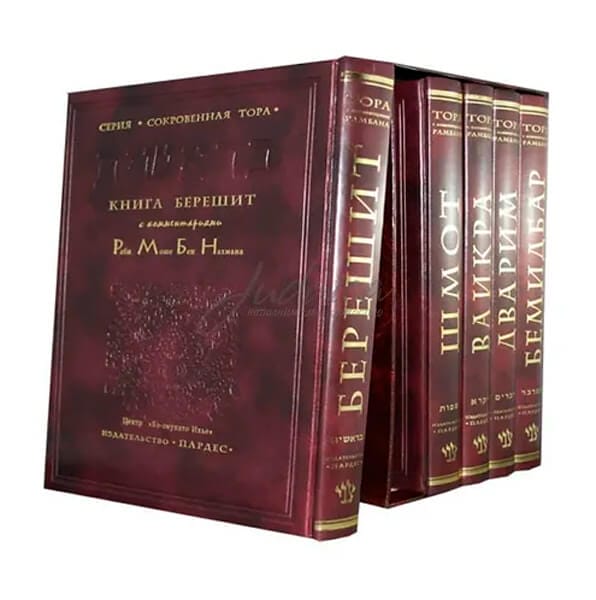
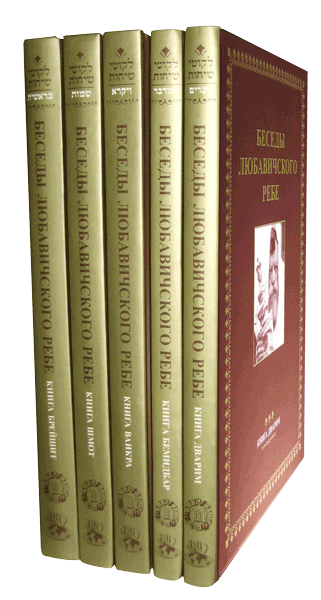
Reviews
There are no reviews yet.